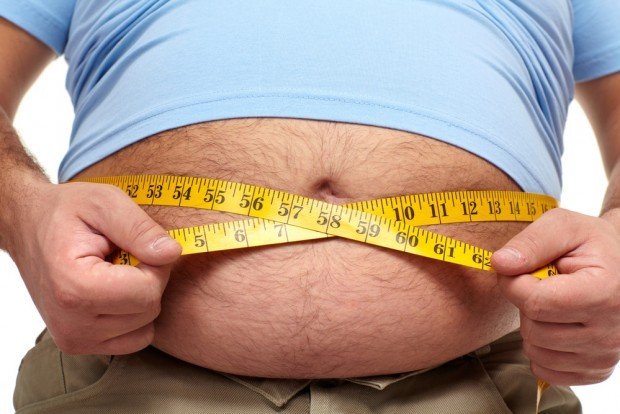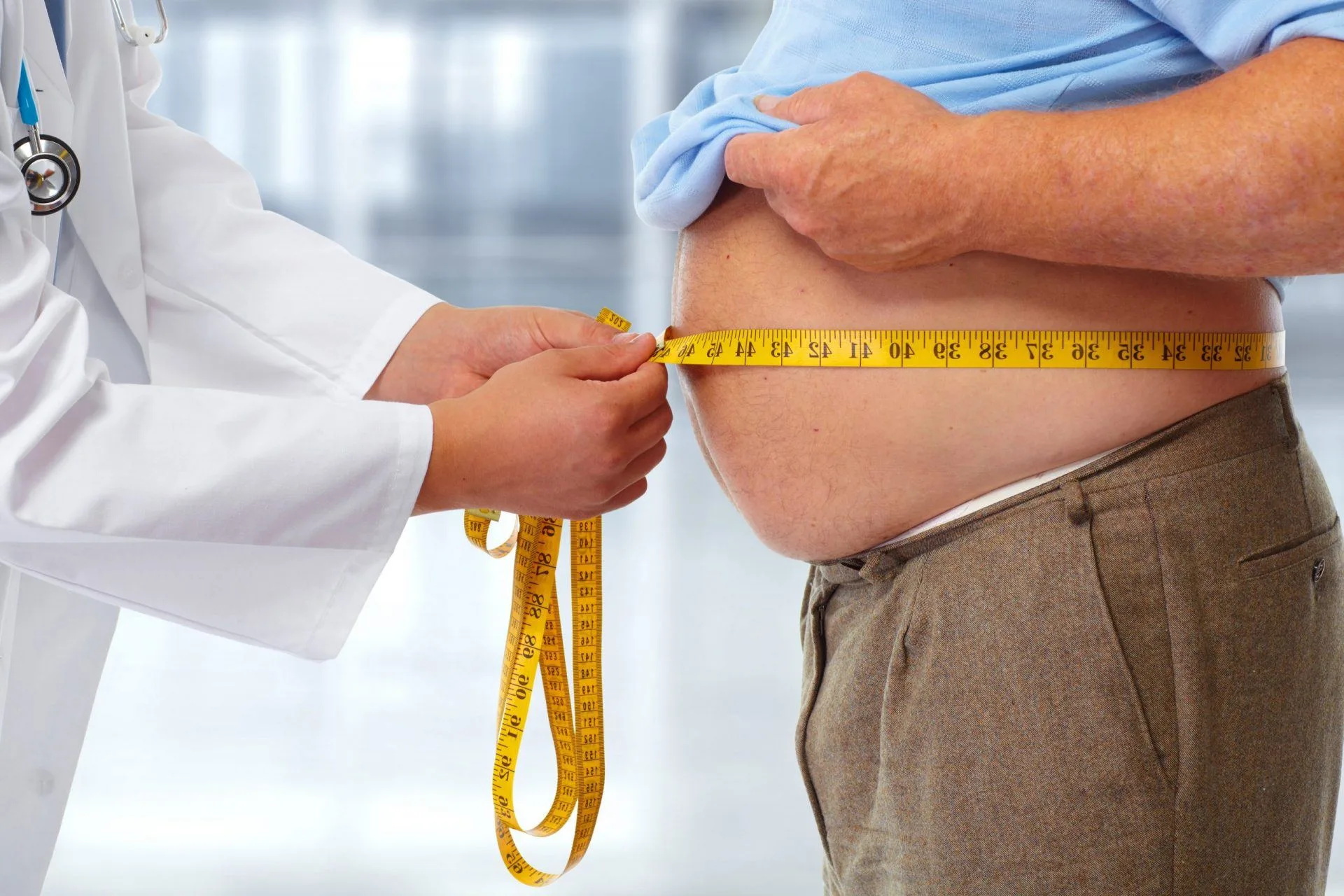The World Health Organization describes obesity as “abnormal excessive fat accumulation” that presents a risk to human health.
Carrying that extra bulge, be it around the waistline, arms, or legs, could put one at risk for non-communicable diseases. These include diabetes, heart disease, or even stroke. It could also trigger cancers, such as breast cancer, colon cancer, kidney cancer, ovarian cancer, and others.
However, there is a big disconnect between the views of obesity researchers and those of the public on the causes of and treatments for obesity.
Obesity treatment
Researchers believe some people have genetic and hormonal traits that make them more susceptible to obesity. They view obesity as a complex chronic disease such as cancer, with many causes and subtypes. They’re also losing faith in dieting and exercise. They believe neither of these is beneficial for obesity in the long term because individuals revert to bad lifestyles.
The public generally believes obesity is caused by a lack of willpower, and that it can be fixed with gym memberships and trendy diets. In a 2016 study of more than 1 500 Americans, 60% of the participants said dieting and exercise were even more effective than surgery for long-term weight loss.
Here’s the thing, though: weight-loss surgery is far and away medicine’s best treatment for severe obesity.

Dr. Anushka Reddy
The medical case for bariatric surgery has grown much stronger in recent years.
High-quality studies on the long-term health outcomes of individuals with obesity who receive surgery show, on average, that they’re able to lose dramatic amounts of weight. They even reverse or prevent obesity-related health conditions, like diabetes and high cholesterol. It’s why the American Academy of Pediatrics is now endorsing the operation as a safe and effective option for adolescents with severe obesity.
Yet, of the 20 million people who are eligible in the US, fewer than 1% get bariatric surgery for weight loss, according to the Obesity Society.
Why? Polling data shows that many Americans still think it’s dangerous and ineffective.
Do weight loss surgeries work?
To be clear, not all weight-loss surgeries are created equal. Gastric bypass and gastric sleeve operations are considered superior to the lap band, for example. And surgery isn’t for people with a few pounds to lose; it’s reserved for those with severe obesity. Even the best surgeries don’t work in some people and can cause disturbing side effects in rare cases. But the benefits of bariatric surgery appear to outweigh its harms, on average. It’s also shaping up to be a genuine help for those struggling through one of the most urgent health crises of our time. It’s time we started paying attention.
Weight-loss surgeries work by reducing the size of the stomach and suppressing hormones related to hunger and satiety. The majority of bariatric procedures in South Africa involve gastric sleeves and gastric bypasses. Both of these methods permanently alter the digestive tract to help individuals to lose an average of about 30% of their original body weight.
However, due to the invasiveness of these procedures, many people are scared to undergo them. This has prompted companies to innovate and develop new technologies for non-surgical bariatric surgery. The latest, newly launched, non-surgical technique for stomach reduction is called POSE (Primary Obesity Surgery Endoluminal).
POSE is designed for those who’re looking for bariatric surgery because diet and exercise trials have been unsuccessful. Candidates should have a BMI between 28 and 40 and need to lose a maximum of 30 kg (a higher BMI would entail more serious surgery, such as a gastric bypass).
Benefits of POSE
Zero incisions required
One of the most alluring aspects of non-surgical procedures is that they don’t require any incisions. The lack of incisions provides many benefits. These include reduced post-procedure infections, reduced pain, and faster recovery.
No need to remove part of your stomach
Certain surgical procedures, such as the sleeve, help you to feel full by removing part of your stomach. Once your stomach is much smaller, you feel full quicker.
Non-surgical weight-loss procedures do the same goal – helping you to feel full – without removing any part of your stomach.
Proven effectiveness
Non-surgical weight-loss procedures have proven effective.
Quick and convenient
It can take weeks to recover from bariatric surgery, or any surgery, for that matter. But that’s not the case with non-surgical weight-loss procedures.
Long-term weight loss
All these non-surgical weight-loss procedures help you to adopt healthier portion sizes. As such, they can set you up for long-term success.
Boosts your mental wellness
Dieting and exercising – without success – can be beyond frustrating. You may even feel like giving up your health goals. Non-surgical weight-loss procedures can boost your self-confidence. They can even support your mental wellness when you reach your goals.
Going through this journey allows you to learn other habits that support your mental wellness. These include eating well-balanced meals, practicing self-care, and exercising.
What POSE entails
Of course, the final decision on whether the patient qualifies for POSE lies with the bariatric surgeon. They’ll examine the patient, evaluating the patient’s health condition, expectations, commitment, and motivation.
During the POSE procedure, folds are made in the stomach. This reduces the capacity of the stomach and allows the patient to feel satiated with less food intake.
The operation is performed endoscopically, so the endoscope is passed down through the esophagus, into the stomach. The folds are made in the stomach using a modified gastroscope to narrow the stomach, but no incisions are made. Through this reduction in stomach size, patients can feel fuller from smaller amounts of food. The folds may also slow the movement of food leaving the stomach, resulting in one feeling fuller for longer. The operation usually lasts about 45 minutes.

kurhan/shutterstock
The reason doctors get excited about bariatric surgery is that it seems to reduce the risk of obesity-related diseases. Compared to obese adults who don’t get the surgery, bariatric patients reportedly live longer and have a lower risk of cancer. They also have less high blood pressure, have lower rates of Type 2 diabetes, and weigh less.
Points to consider
- Bariatric surgery can cause complications and have rare, but disturbing, side-effects. It should be noted that the risk of complications is low.
- The most common long-term issue bariatric-surgery patients face is nutritional deficiencies. Surgeries can hamper the body’s ability to absorb nutrients. As such, many individuals develop iron, B12, calcium, folate, and thiamine deficiencies.
- Some patients may opt for plastic surgery for loose, hanging skin – these are extra procedures that often aren’t covered by medical aid.
- Then there are the rare, but disturbing, psychological effects that have surfaced in some adults after bariatric surgery. These include elevated post-surgical risk of self-harm, suicide, drug use, and alcohol-use disorders. Researchers still don’t understand the reasons for this, but continue to explore it. Because of changes in the gut after bypass and sleeve operations, patients are more sensitive to the effects of drugs and alcohol.
- Then there are important cost considerations. Without medical aid, bariatric surgery can cost more than R200 000 ($11 180). And that doesn’t include the cost of extra operations or follow-up care.
There’s no question that our food landscape has increased the opportunities for obesity-related genes and traits to express themselves. Preventing future obesity cases will need to make it easier for people to eat healthily and be more active. But there’s still the problem of what to do for those who are struggling with severe obesity right now.
Surgery, and minimally invasive POSE, are currently valuable tools for treating adults with severe obesity, but we’re not going to cut our way out of the obesity epidemic soon.





![women [longevity live]](https://longevitylive.com/wp-content/uploads/2020/01/photo-of-women-walking-down-the-street-1116984-100x100.jpg)









